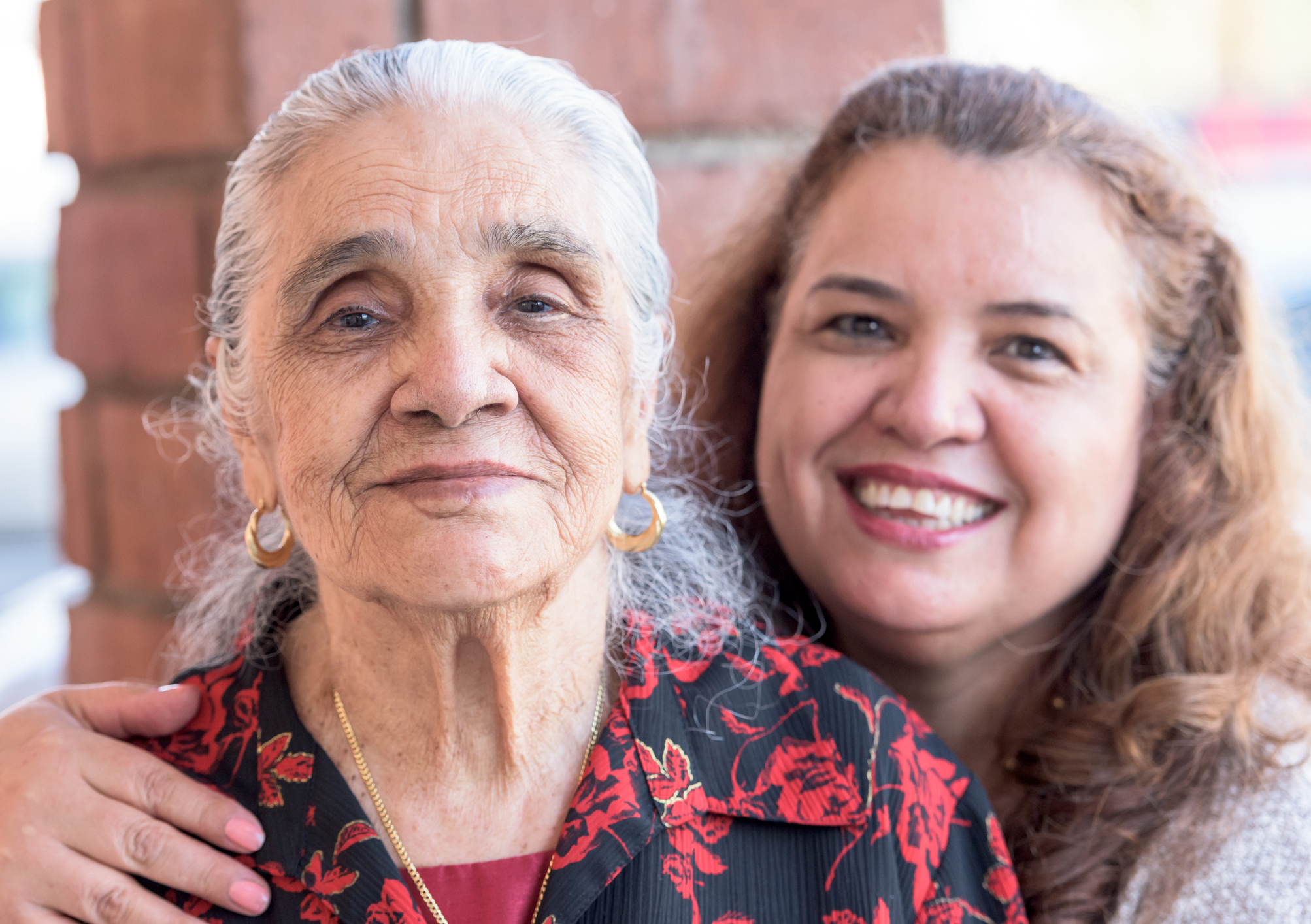Dementia is a growing health problem, affecting more than around the world.
In Australia, an estimated are living with dementia. This figure is projected to rise to 812,500 by 2054.
Dementia that are not a normal part of ageing. These disorders, including Alzheimer’s disease, cause a decline in cognitive function and changes in mood, memory, thinking and behaviour. Ultimately they affect a person’s ability to carry out everyday tasks.
In Australia, around live at home.
While dementia care at home has traditionally been associated with older spouses or middle-aged children, it seems an increasing number of young adults in their 20s and 30s, and , are stepping into this role to care for grandparents, parents or other loved ones.
In Australia, 3 million people (11.9% of the population) are carers. This includes – a sharp rise from 235,300 in 2018.
How many young carers are specifically caring for a loved one with dementia is unclear, and something we need more data on. Young dementia carers remain largely invisible, with minimal recognition or support.
Unique challenges and the burden of responsibility
Unlike older carers, who may have more financial stability and free time, young carers often must balance caregiving with university, early-career pressures, and personal development, including maintaining social relationships, pursuing hobbies, and prioritising mental welling.
In Australia, where aged 20–24 still live with their parents, many young carers will have limited experience in managing a household independently.
They’re often thrust into such as cooking, housework, managing the family budget, coordinating medical appointments and administering medications.
Beyond that, they may need to provide physical care such as lifting or helping their loved one move around, and personal care such as dressing, washing, and helping with toileting.

All this can leave young carers , overwhelmed and isolated.
While general support groups exist for dementia carers and young carers more broadly, few cater specifically to .
This lack of targeted support is likely to heighten , as the young person’s friends struggle to relate to the emotional and practical burdens .
The demanding nature of caregiving, combined with the difficulty of sharing these experiences with peers, means young dementia carers can become .
The psychological toll
These challenges take a profound on young carers.
Research shows young carers are to report mental health issues than their non-caregiving peers. These can include , anxiety and burnout.
Again, we don’t have data on mental health outcomes among young dementia carers specifically. But , 75% of dementia carers reported being affected physically or emotionally by their caring role. Some 41% felt weary or lacked energy, and 31% felt worried or depressed.
Also, there are negative stereotypes about ageing – that people turn forgetful, frail, and need constant care. For young carers whose loved ones have dementia, these stereotypes by their experience. This could shape young carers’ perceptions of and wellbeing and increase anxiety about ageing.
Caregiving may also affect . Research suggests carers often sacrifice such as exercise and a balanced diet. What’s more, including poor sleep, fatigue, headaches and back pain due to the physical demands of caregiving.
Caring for a parent – a role reversal
This emotional burden is particularly acute for those caring for a parent. These young carers are likely to experience the progressive loss of parental support, while simultaneously assuming the .
A significant portion of young dementia carers support parents with , a form of dementia diagnosed before age 65. These face the shock of a diagnosis that defies typical expectations of ageing.
The burden may be compounded by fears of . Young onset dementia often has a .
This means young carers may have a higher risk of developing the condition themselves – a concern spousal carers don’t have. This fear can fuel health anxiety, alter life planning, and create a pervasive .
How we can better support young dementia carers
Despite their growing numbers, young dementia carers in research, policy and support services. This is partly due to the challenges in engaging this demographic in research, as these young people juggle busy lives with education and work.
Many young carers also , hindering their access to support and resources. This could be because of the stigmatising label, or a feeling they’re to qualify as a carer. It could even be because of cultural norms which can frame caregiving as a family obligation, rather than a distinct role.
Nonetheless, young dementia carers require beyond generic caregiving resources.
This support might include specialised , educational programs, and practical skills training. Tailored programs and resources should ideally be to ensure they meet their unique needs and preferences.
With dementia cases in Australia and elsewhere , the demand for informal carers – including young adults – will continue to grow.
Without intervention, these young carers risk burnout, social isolation, and long-term health consequences. We must ensure flexible, age-appropriate support for this often invisible group. Investing in young dementia carers is not just a moral imperative – it’s a crucial step toward a sustainable, compassionate care system for the future.
offers a national helpline, information sessions, and a peer-to-peer connection platform for carers.
, run by , offers mental health resources, financial guidance, and respite care information, plus bursaries young carers can apply for to reduce financial pressure.![]()
, Postdoctoral Research Fellow & Lecturer, Centre for Healthy Brain Ageing, and , Lecturer in Psychology,
This article is republished from under a Creative Commons license. Read the .







